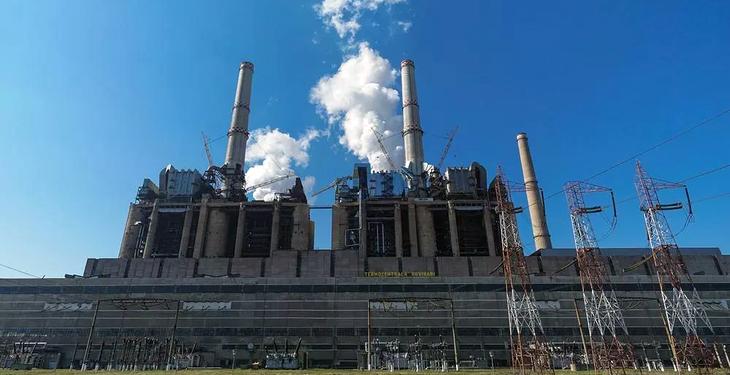The manufacturer of plasterboard systems, plasters and plasters Etex Building Performance (Siniat Romania) won the tender organized by the Oltenia Energy Complex for the use of gypsum from Rovinari. Following this result, Etex will invest over 6 million euros in a sludge drying plant from gas desulphurization at the local thermal power plant.
“The construction of the installation went in a straight line, after a process with many challenges that lasted more than two years. Our goal is to complete the investment within 12 months. We count on the fact that both the CEO partner and the responsible local and central authorities will understand the importance of investing for the local community through the positive impact on the environment and that there will be no delays in the approval process. In this way, we will be able to introduce as soon as possible in the economic circuit an unused raw material at present, with benefits for both the environment and the local community,” said Gheorghe Budrugeac, industrial director of Etex Building Performance.
The gypsum from Rovinari will be used as raw material at the Etex Building Performance factory in Turceni. It will complete the necessary raw material obtained from the sludge drying plant at the Turceni plant, the only coal-fired power unit in Romania where the gypsum obtained from gas desulphurisation is used by the construction materials industry.
The drying plant at the Rovinari plant will thus be the second of its kind in Romania, given that the other coal-fired power plants are throwing sludge from gas desulphurisation on nearby tailings fields.
Since entering the Romanian market, Etex Building Performance operations have respected the principle of resource circularity. The factory opened in 2015 in Turceni uses, as main raw material, gypsum resulting from another economic process, namely the production of electricity, while the second most important raw material, paper, comes in proportion of 100% recycled materials. At the same time, the production unit has a capacity for recycling gypsum boards from construction materials waste of over 25,000 tons per year.

